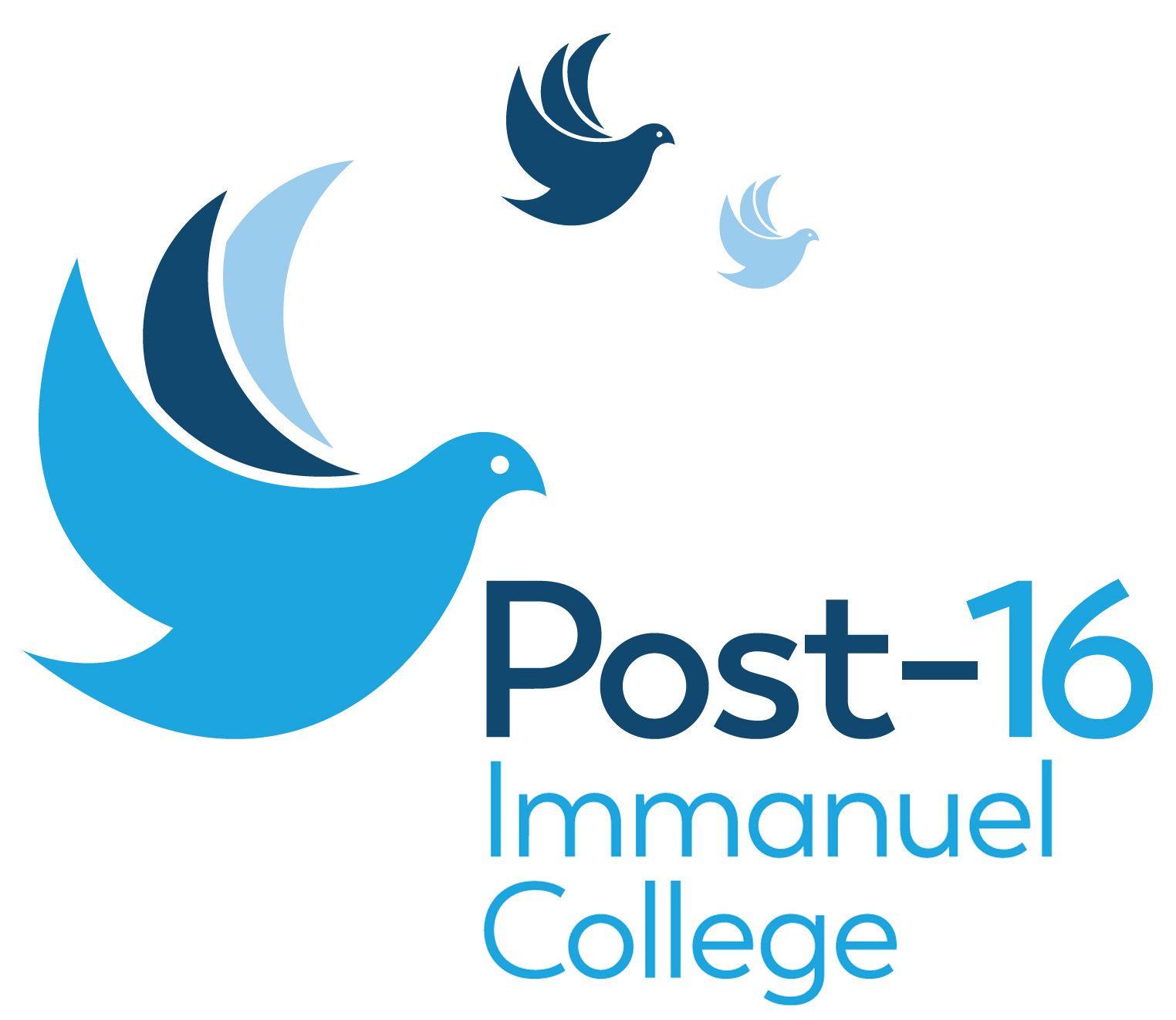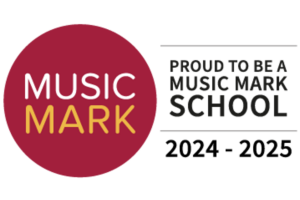
- Overview
- Welcome from the Headteacher
- Post-16 Team
- Admissions
- Post-16 Prospectus
- Subjects
- English Language & Literature
- English Literature
- Maths
- Further Maths
- Biology
- Chemistry
- Physics
- Applied Science (Applied General)
- Art
- Criminology (Applied General)
- Drama & Theatre
- Film Studies
- French
- Geography
- History
- IT (Applied General)
- Law
- Law (Applied General)
- Media Studies
- Music
- Music (Applied General)
- National Extended Certificate in Uniformed Protective Services (Applied General)
- Philosophy, Theology, Ethics - Religious Studies
- Photography
- Psychology
- Sociology
- Spanish
- Sport (Applied General)
- Technical Business (Level 3 - Extended Certificate)
- Travel and Tourism (Applied General)
- Hospitality (Level 2)
- Leadership through Sport (Level 2)
- Public Services (Level 2)
- Employability
- Maths and English GCSE Resit
- Student Leadership
- Results & Student Progression
- Trips & Opportunities
- Charity Work
- Our Facilities
- New Build
- Enrichment
- FAQs
- Exams Information
- Year 10 Information Evening
- Go Higher West Yorkshire
Sociology
Why choose this subject?
Studying Sociology offers insights into social and cultural issues. Why do men commit more crime than women? Sociology explains possible reasons for why a gender gap exists. Alternatively do women commit more crime than men but are better at concealing their crimes? Is childhood disappearing? Do men and women share housework equally today? Why do British Chinese pupils outperform every pupil in the education system?
In Sociology you will learn a range of new skills that will help you think critically, present reasoned arguments and better understand societal issues.
What will you study?
Year 12
- Sociology of Education, Research Methods and Families and Households.
Year 13
- Paper 1: Education with Theory and Methods
- Paper 2: Topics in Sociology
- Paper 3: Crime and Deviance with Theory and Methods
How is this course assessed?
In Year 13 the course is assessed through three two-hour examinations.
![]()
Sociology Intent
The purpose of Sociology at Immanuel College is to promote a student’s understanding of the social world around them. This will be best achieved through exploring sociological theories, challenging stereotypical views and critical thinking. To understand social context, we will develop the ability in our students to analyse and evaluate sociological theories, concepts, evidence and research methods.
Our curriculum promotes the understanding and application of both knowledge and skills. Students will be encouraged to reflect on their progress and learning by engaging in conversations where they can respond to, and act upon feedback. Students use various methods of empirical investigation and analysis to develop critical and analytical thinking, writing ability, cultural competence, and self-awareness1.
Our students are introduced to a wide variety of viewpoints from some of the most influential sociologists and thinkers throughout history. We study the impact these sociologists have made in shaping the world we live in today and students are encouraged to create links by drawing information from other subjects. Studying differing opinions from competing theorists helps students understand different social perspectives. This in turn allows insight into these theorists' impact on our understanding of human behaviour, diversity of societies and forces for social change as a whole. Sociology studies themes and characteristics that are underpinned by discourses around race and ethnicity, social class, gender and decolonisation. Students analyse social constructs and its impact on minority groups in societies.
Sociology will broaden the students' understanding of their world view and develop an appreciation that our differences can be resolved through humility, respect and empathy. Students will be able to draw comparisons and contrasts of sociological concepts with their own experiences of the social world around them, which will bolster a more positive, informed and active role they play in society.
Our ambition for all students at Immanuel College is that when they finish their study of Sociology, they will develop character through resilience and hope2.
- The demands of the curriculum encourages students to excel in the following:
- To understand relationships and tensions between social structures and individual agency through analysis and application of sociological knowledge.
- To critically analyse information and use evidence to make informed arguments, reach substantiated judgements and draw conclusions.
- To apply their knowledge of how social control, power and inequality of the social structure impacts our society.
- To use sociological theories to examine social issues, debates and social changes.
- To understand and evaluate sociological methodology and be able to identify and assess the appropriate methods required to research different areas of society.
- To consider the strengths and weaknesses of different sociological theories3.
1 Philippians 4:8– ‘whatever is true, whatever is noble, whatever is right, whatever is pure, whatever is lovely, whatever is admirable—if anything is excellent or praiseworthy—think about such things.’
2 John 10:10– Jesus said, ‘I have come that they may have life and have it abundantly.’
3 Ephesians 2:10– ‘For we are God’s masterpiece, created in Christ Jesus to do good works which God prepared in advance for us to do.’
Subject Map
Curriculum Plans
What next?
A degree in Sociology can lead you to employment into a wide range of careers including:
- Nursing
- Social care
- Law enforcement
- Teaching
- Marketing
- Advertising
- Public Relations
- Journalism
It prepares you for business, academia, policy-making, and anything requiring analytical skills. The top six Degree/Higher Education courses taken by students who have an A Level in Sociology include:
- Sociology
- Psychology
- English
- Business Studies
- Law
- Teaching








